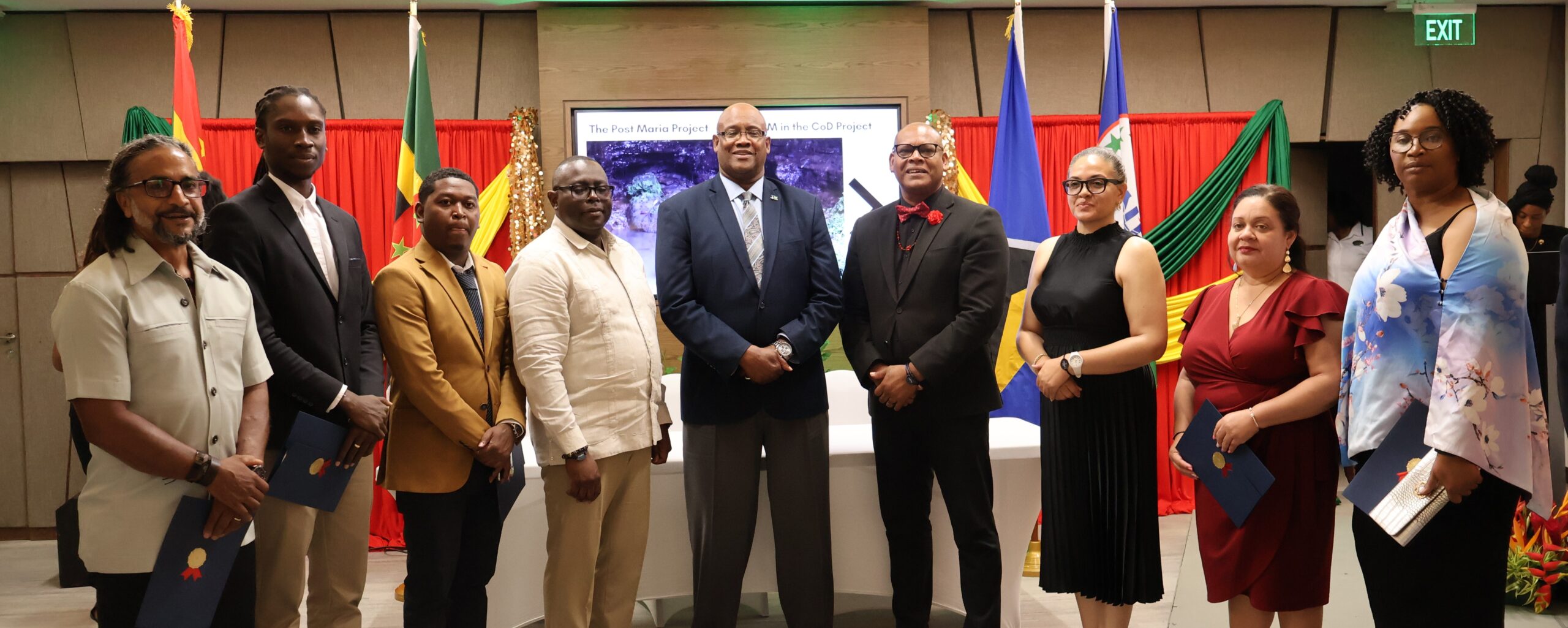PARAMARIBO, Suriname, Oct. 07, 2014, CNS – Just two weeks after the launch of the Global Alliance on Climate Smart Agriculture at the UN Climate Summit 2014, the Technical Centre for Agricultural and Rural Cooperation (CTA) is developing a range of initiatives to tackle the impact of climate change on small-scale producers and promote climate smart agriculture (CSA) as a way of ensuring food security and building resilient agricultural systems.
The first of these events, a high level workshop on “Improving climate change resilience for agriculture in the Caribbean”, was launched Monday at the 13th Caribbean Week of Agriculture taking place in Paramaribo, Suriname from October 6-10.
The Global Alliance on Climate Smart Agriculture was formed at the UN Climate Summit 2014, held in New York in September. It groups together governments, international organisations, farmers’ groups, multinational companies and NGOs, and has set itself the target of enabling 500 million farmers to practise climate smart agriculture by 2030. CTA has signed up to the Alliance, with a commitment to promote knowledge sharing on successful CSA practices across Africa, the Caribbean and Pacific (ACP).
CTA’s first initiative after making the pledge to support CSA was to stage a two-day workshop aimed at giving a voice to some of the world’s most vulnerable small-scale producers in the Caribbean. The event opened at the start of the 13th Caribbean Week of Agriculture (CWA).
The workshop on “Improving climate change resilience for agriculture in the Caribbean” is jointly organised by CTA, the Caribbean Agricultural Research and Development Institute (CARDI) and other partners. It seeks to promote policies that can help Caribbean producers to manage climate change and increase food security in spite of the challenges. It brings together a wide range of actors from the agriculture sector, including scientists, livestock farmers and fisher folk.
Dominated by small island states and countries with extensive coastlines, the Caribbean is especially susceptible to climate change and its farmers and fisher folk are already feeling the impact. According to the Caribbean Community Climate Change Centre, studies show that the projected costs to the region due to increased hurricane damage, loss of revenue to the tourism sector and damage to infrastructure, could be USD$10 billion by 2025, and $22 billion by 2050. Such losses would cause an irreversible economic recession in each of the CARICOM member states.
“The small island states are particularly vulnerable. In some cases, extreme weather events can wipe out agriculture in a very short space of time. Grenada lost 70 percent of its agriculture in 2004 during Hurricane Ivan,” said CTA Director Michael Hailu, who opened the workshop on behalf of the Centre.
“For some time now, CTA has been supporting institutions in the region in building resilience to climate change and its effect on agriculture, and this initiative will help to voice farmers’ concerns and explore some of the options for helping them. Partnership is critical, and we hope that we can further engage farmers’ organisations, institutions such as CARDI and other stakeholders, including the private sector. ”
CNS/db/2014



